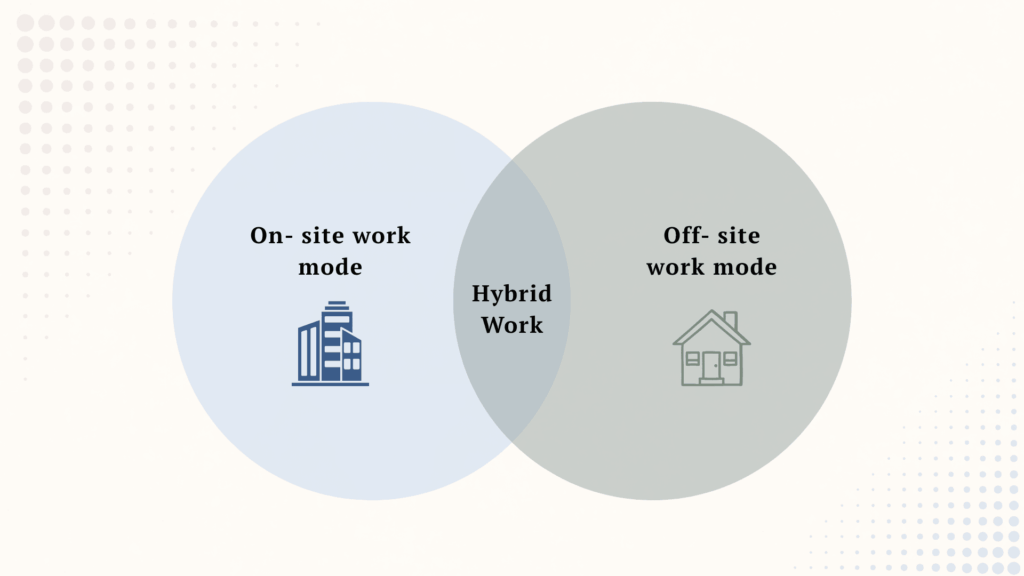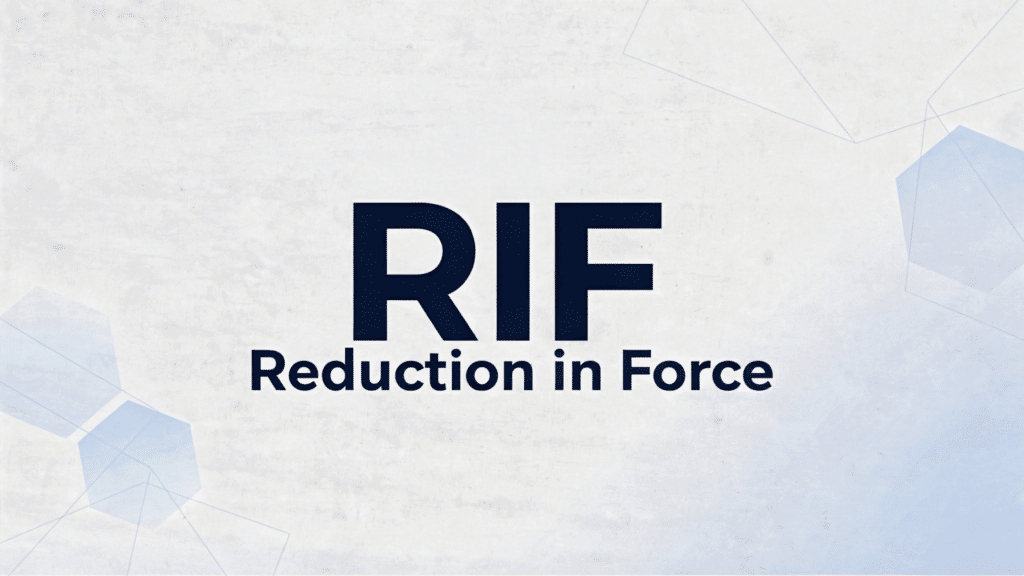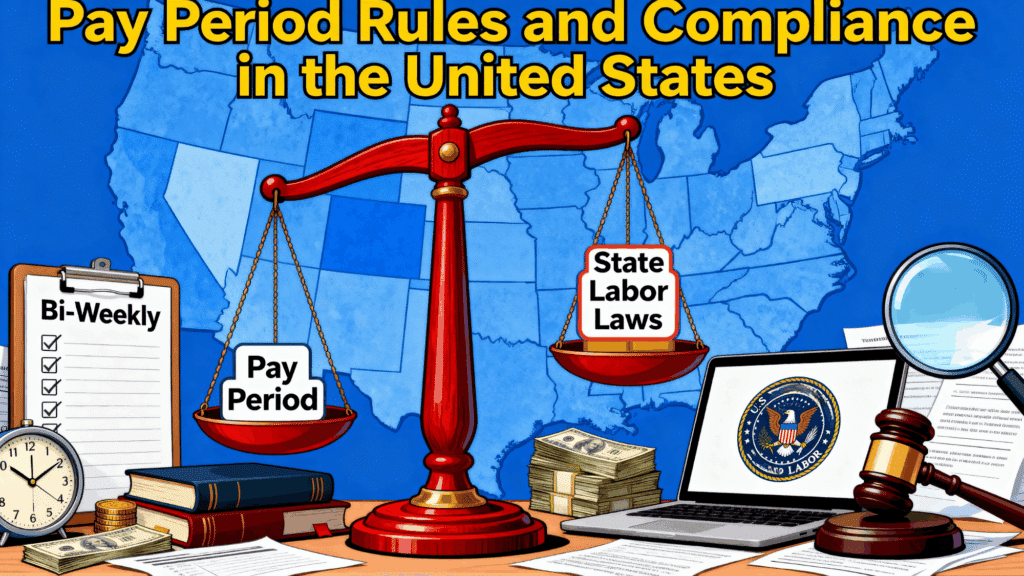Workplace bias and discrimination cases that make headlines are easy to recognize.
However, many employees experience subtle mistreatment that flies under the radar daily.
These quiet forms of workplace injustice can slowly erode your confidence and career prospects.
This resource helps you identify behaviors that cross professional boundaries and provides practical strategies for addressing them.
Most importantly, you’ll understand exactly when unfair treatment at work requires legal intervention.
Your workplace rights matter, and knowing how to protect them makes all the difference.
Can an Employer Be Sued for Unfair Treatment?
The straight answer to ” can i sue my employer for unfair treatment at work?” is YES.
Filing a lawsuit becomes appropriate when retaliation occurs in a situation that involves clear violations of federal employment protections.
Successful employment cases can result in compensation covering back pay, future earnings, and punitive damages designed to penalize severe employer misconduct.
Class action lawsuits offer a powerful approach when several workers face identical discriminatory practices from the same employer.
Check any paperwork from the hiring process to identify mandatory arbitration clauses that might affect your legal strategy.
Mediation provides a faster, more affordable path to resolution compared to lengthy courtroom battles.
What Constitutes Unfair Treatment?
Unfair treatment takes many forms, from obvious discrimination to subtle workplace behaviors that create hostile environments and limit career growth.
● Discriminatory Practices: Treating employees differently based on race, gender, age, religion, disability, pregnancy, or sexual orientation in hiring, promotions, or daily work assignments.
● Unequal Pay: Paying employees less than colleagues who perform the same job with similar experience and qualifications without legitimate business justification.
● Hostile Work Environment: Allowing or participating in offensive jokes, inappropriate comments, unwanted advances, or intimidation that makes the workplace uncomfortable or threatening.
● Retaliation: Punishing employees through demotions, poor reviews, isolation, or termination after they report violations, file complaints, or participate in workplace investigations.
● Wrongful Denial of Benefits: Refusing legally entitled benefits like family leave, reasonable accommodations for disabilities, or pregnancy-related adjustments without valid reasons.
Subtle Signs That Escalate Over Time

While some signs are clear, other behaviors may appear minor but can develop into the underlying causes of a biased workplace environment.
Workplace mistreatment often begins with seemingly minor incidents that gradually worsen.
| Warning Sign | What It Looks Like | Potential Impact |
|---|---|---|
| Overlooked Recognition | Quality work goes unacknowledged, while others receive praise for similar efforts | Damages confidence and career advancement opportunities |
| Excessive Monitoring | Being watched more closely than colleagues in similar positions | Creates stress and suggests a lack of trust from management |
| Social Isolation | Excluded from team activities, lunch meetings, or professional networking events | Limits career growth and workplace relationships |
| Unequal Treatment | Different standards are applied to your work compared to those of other team members | Indicates possible bias or discriminatory practices |
Maternity and Workplace Fairness
Certain workplace circumstances require special attention and legal protections. These situations often involve vulnerable employee groups who face additional challenges.
Expectant mothers frequently encounter subtle discrimination that violates federal law. There are a few signs to look out for after sharing the news of pregnancy.
-
Being denied promotions
-
Reassigned to less favorable duties
-
Facing unfair assumptions about commitment and ability to perform.
-
Pressured to take leave earlier than necessary
-
Experiencing hostility from colleagues or supervisors.
Federal laws like the Pregnancy Discrimination Act provide strong protections for working mothers.
Understanding suing for discrimination at work while pregnant helps you recognize when your rights are being violated.
Consulting an unfair treatment at work attorney early helps protect your rights during this vulnerable time.
How to Deal with an Unfair Workplace?
Taking action requires a strategic approach that protects your interests.
Ensure you do not make hasty decisions and handle the situation carefully while maintaining a professional approach.
1. Documenting Issues
- Keep detailed records, including dates, times, witnesses, and descriptions of each incident, along with any supportive written communications.
- Use clear and objective language, avoiding emotional terms, and note how the issue affects your work performance.
- Maintain all documentation in an organized file for easy reference if further action is needed.
2. Communicating Concerns
- Address concerns calmly and professionally, focusing on specific behaviors and their impact on your work.
- Arrange private discussions with supervisors or HR, and always follow up conversations with written summaries.
- Keep the conversation focused on the issue, not the person, to maintain constructive dialogue.
3. Escalating When Necessary
- Begin with your organization’s grievance procedures before contacting HR if informal talks don’t resolve the issue.
- Keep records of all complaints and allow the company adequate time to address your concerns.
- If internal measures fail, consider seeking external advice to understand your options.
4. Avoiding Social Media Pitfalls
- Social media content can be used against you in legal proceedings, even with privacy settings enabled.
- Venting online may be viewed as unprofessional conduct, potentially justifying disciplinary action by your employer.
- Consider private support groups, trusted friends, or professional counseling as healthier outlets for managing workplace stress.
Attorney for Workplace Bias

When workplace issues cannot be resolved internally, seeking legal guidance becomes essential.
An experienced employment attorney can evaluate your situation and determine the strength of your case.
Legal professionals specializing in workplace rights understand complex employment laws and can guide you through available options.
Alongside consulting an attorney, you can file a complaint with the Equal Employment Opportunity Commission (EEOC) for guidance.
The right attorney will help gather evidence, document incidents, and build a compelling case.
Most employment attorneys offer free initial consultations to review your situation and discuss potential legal remedies.
Look for lawyers who specialize in workplace discrimination, harassment, and wrongful termination cases.
Take a proactive approach and act without delay whenever you feel it is necessary to protect your rights.
Popular Examples of Unfair Treatment at Work
Real employees have successfully fought workplace discrimination and won significant compensation through legal action.
1. Patricia Holmes vs. American HomePatient
In 2024, Patricia Holmes, a Black customer service representative in Pennsylvania, won $1.5 million after experiencing severe racial harassment in the workplace.
Her supervisor made offensive comments related to race, creating a hostile work environment that violated federal law.
The case demonstrated how documented complaints and witness testimony can prove discrimination claims and hold employers accountable in court.
2. Tahvio Gratton vs. UPS
A Washington jury awarded Tahvio Gratton, a Black UPS driver, $39.6 million in emotional distress damages in 2024.
His supervisor used inappropriate racial language, gave him less desirable routes, and laid him off in favor of less senior white drivers.
After filing multiple grievances about discrimination, he was fired following a disputed workplace incident that the jury found to be retaliation.
3. Female Sales Representatives vs. Novartis Pharmaceuticals
A landmark 2010 case saw 5,600 female sales representatives win $253 million against Novartis after proving systematic gender discrimination.
Evidence showed unequal treatment in pay and promotions, along with inappropriate handling of pregnancy-related workplace issues.
The settlement resulted in major reforms to company policies and monitoring systems to prevent future discrimination.
Conclusion
Workplace fairness should never be compromised; yet, many employees suffer in silence due to a lack of awareness.
From recognizing subtle discrimination patterns to understanding your legal options, knowledge serves as the strongest defense.
No employee should tolerate harassment, discrimination, or retaliation in any form.
Whether you’re experiencing unfair treatment at work or witnessing it happen to others, take action.
Your voice matters, and so does the well-being of your colleagues.
Have you experienced unfair treatment at work? Share your story in the comments below to help others recognize similar patterns.
Frequently Asked Questions
Is Gossiping at Work a Form of Harassment?
Gossiping at work can be considered harassment if it creates a hostile environment or targets protected characteristics, damaging someone’s dignity or well-being at work.
What is Cronyism in the Workplace?
Cronyism in the workplace means favoring friends or close associates for jobs, promotions, or perks regardless of their qualifications, damaging fairness and morale.
What is Gaslighting in the Workplace?
Gaslighting at work is a tactic where someone manipulates another to doubt their memory, judgment, or reality, often causing confusion and lowering self-confidence.










